
British Airways’ recent decision to ban cabin crew and other employees from taking or sharing photos and videos at layover hotels marks a significant shift in airline social media policy, reflecting growing industry concerns over security and privacy.
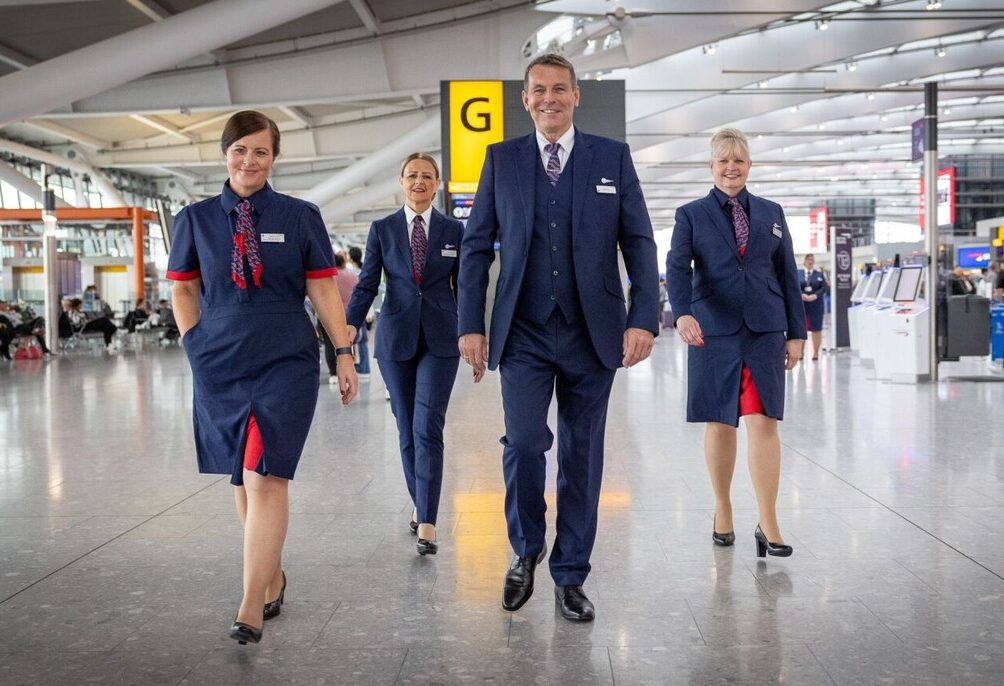
The airline’s directive, which also requires staff to delete existing hotel-related content from their personal social media accounts—including private ones—was implemented following fears that advanced AI tools could use background details in images to pinpoint hotel locations, potentially putting crew members at risk. This move follows a series of incidents, including the death of a British Airways crew member in a San Francisco hotel, that have heightened the focus on staff safety.
The new policy is notably stricter than those of many global competitors. For example, airlines like KLM Royal Dutch Airlines and Qatar Airways actively encourage staff engagement and customer interaction on social media, using platforms like Instagram and TikTok to showcase destination highlights, crew experiences, and behind-the-scenes content to build brand loyalty and trust.
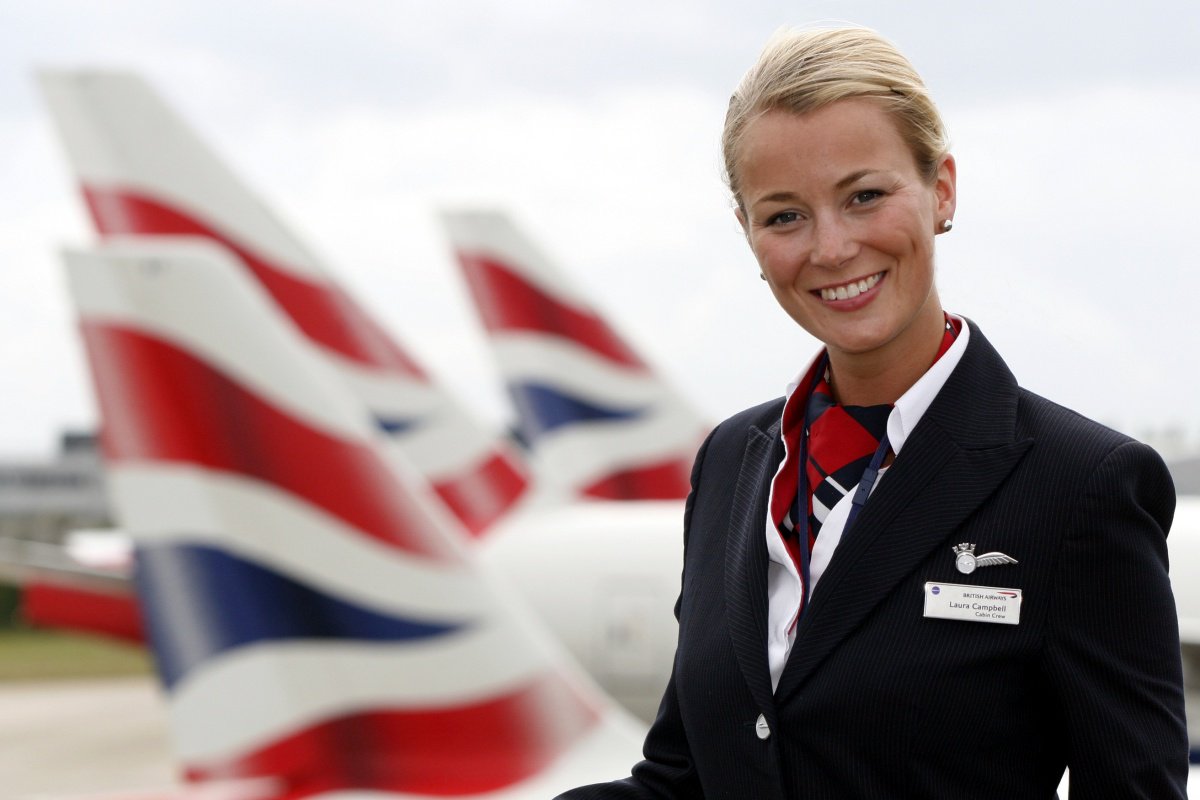
Hawaiian Airlines, for instance, has achieved industry-leading engagement rates by spotlighting employees and sharing user-generated content, such as passenger photos and stories, which have proven highly effective in connecting with audiences and humanizing the brand.
Industry data shows that real-time content, employee spotlights, and authentic crew stories drive some of the highest engagement rates across platforms like Instagram and TikTok. Airlines that restrict such content may risk missing out on valuable customer interaction and brand advocacy opportunities. However, the move by British Airways highlights the tension between leveraging employee-driven content for marketing and protecting staff from emerging digital threats.
This policy change comes at a time when the airline industry is under intense scrutiny regarding its social media strategies. According to recent analyses, only about 25% of customer questions on airline social media posts receive responses, and negative sentiment remains high, especially on platforms like X (formerly Twitter).
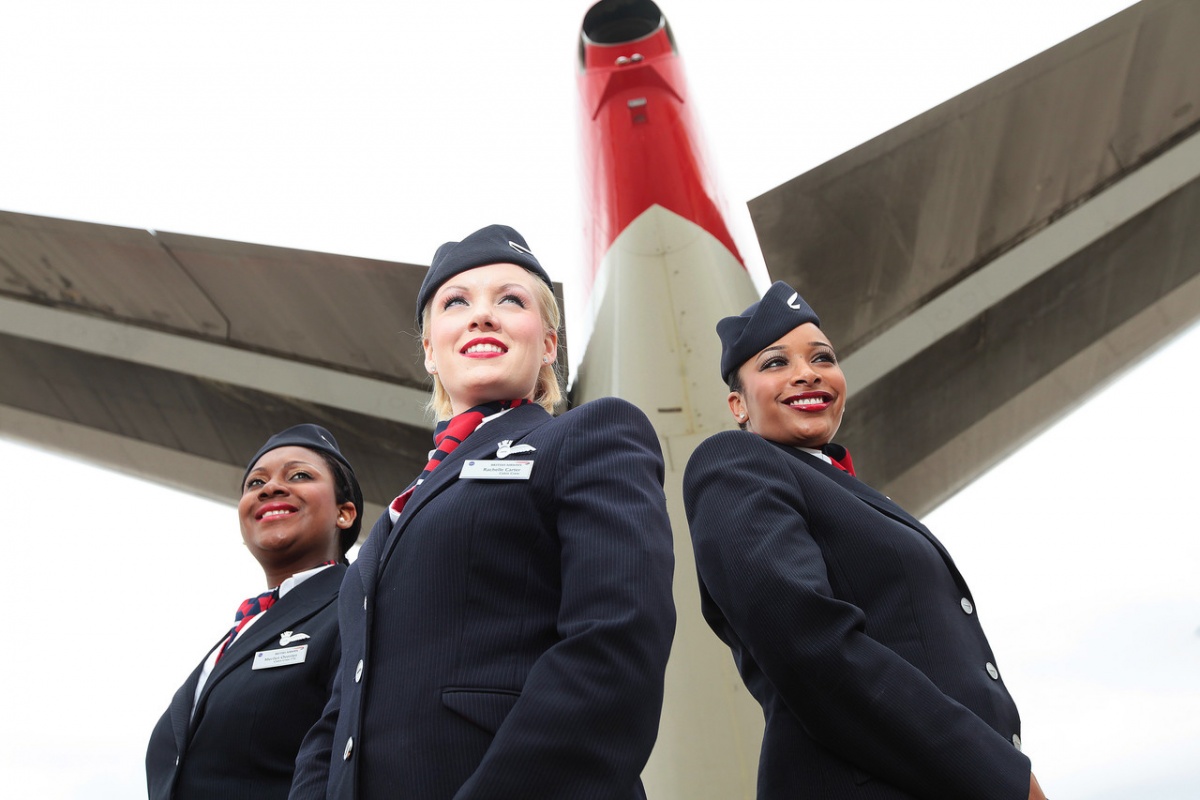
While airlines are increasingly using social media for real-time customer service and engagement, British Airways’ approach signals a prioritization of operational security over the marketing and engagement benefits seen in other carriers’ more open social media policies.
Overall, British Airways’ ban on layover hotel photos sets it apart from industry trends that favor transparency and employee-driven storytelling, underscoring the complex balance between brand promotion, customer engagement, and staff safety in the digital age.

























.jpg)

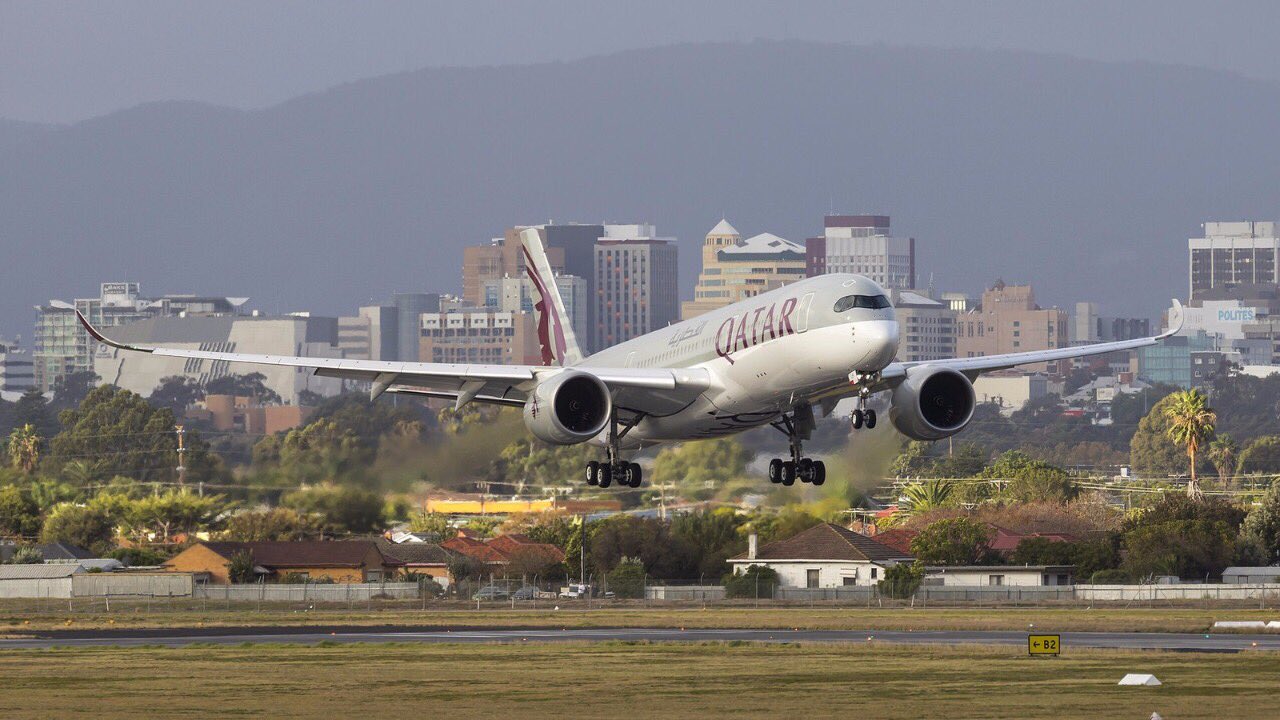









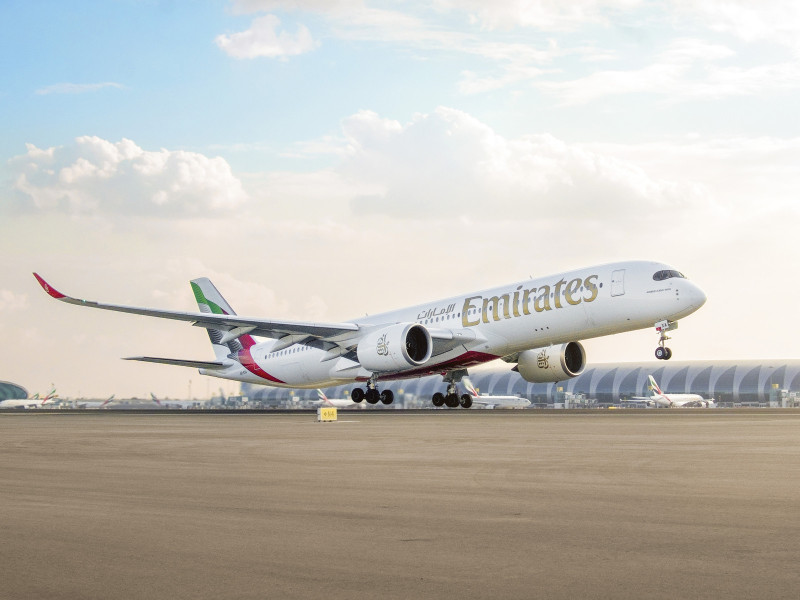
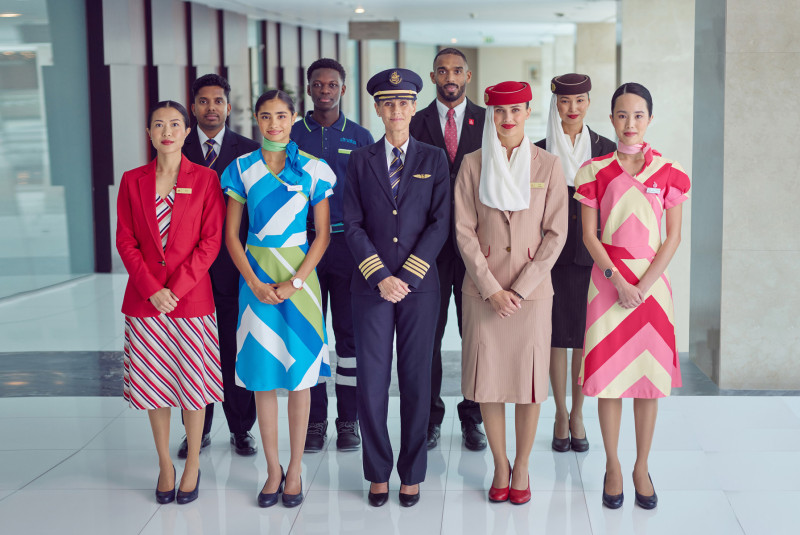
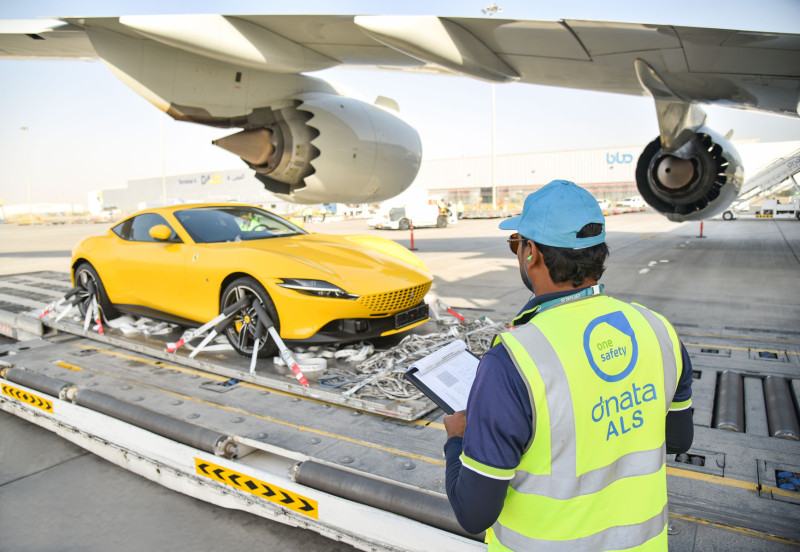


.jpg)





-302cd4-large-1748788146 (2).jpg)
















.jpg)